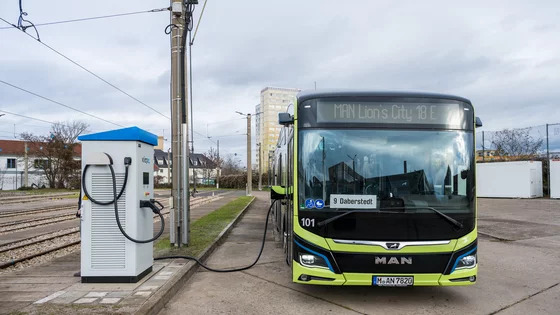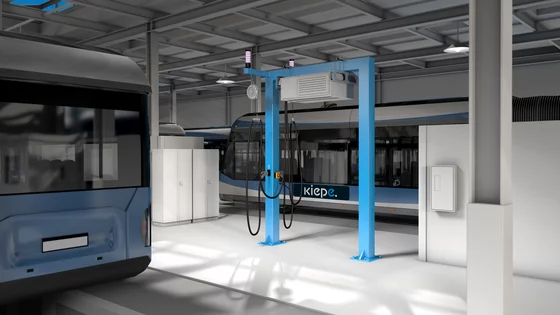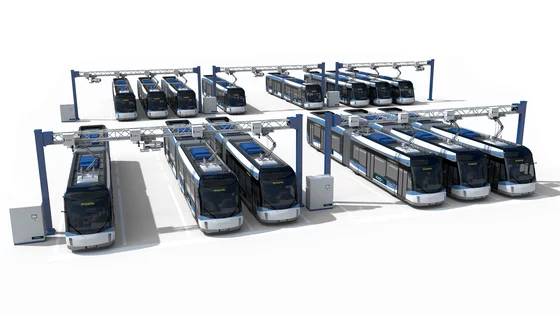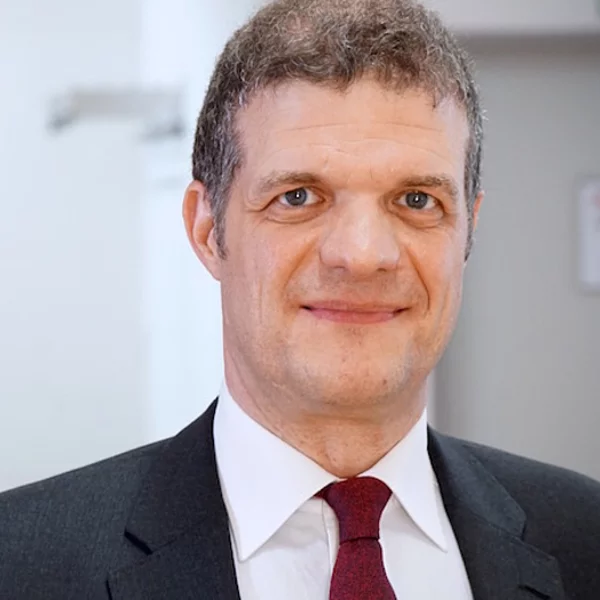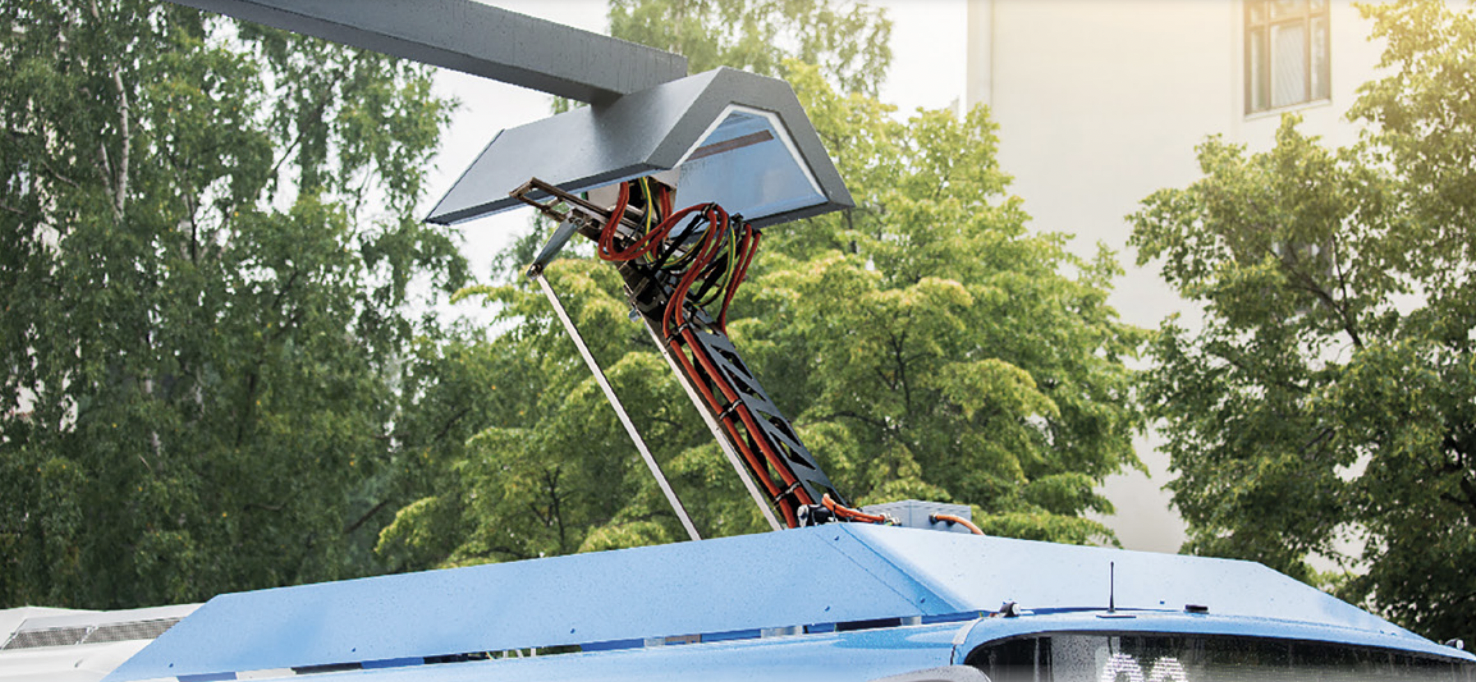
KIEPE as your partner for e-mobility
KIEPE specializes in on-board and off-board charging systems, including charging infrastructure for electric buses, and covers both components and complete solutions for e-mobility in public transport. The scalable k.Charger charging solutions are revolutionizing charging strategies for e-buses.
Our modular technology enables the integration of depot chargers directly into existing depots and at the same time supports occasional charging stations for buses along the route. This creates scalable charging infrastructures for bus fleets that are optimally adapted to public transport operations.
Power can be supplied via the public power grid as well as via the locally available traction power supply (AC and DC) form a overhead line. This optimizes space requirements, resources and costs.
Product solutions for e-buses
Our product line offers comprehensive solutions for your charging requirements: whether it's a bus charging station in the depot, a charging station for e-buses along the route, or a modular, scalable charging infrastructure for the entire public transport system – we develop the right system for your application.
KIEPE as your partner for e-mobility
As a long-standing partner of the public transport sector, KIEPE is ideally placed to support its customers in the implementation of integrated charging systems. KIEPE has adopted a new modular plug-and-play approach with 19-inch cubes that can be installed in control cabinets as required and easily replaced.
The KIEPE system increases ease of maintenance and requires less space in the often cramped conditions of existing depots. The power supply via streetcar or trolleybus overhead lines is a resource-saving and sustainable solution for transport companies that do not want to install an additional power supply. Power supply from the public 50 Hz network is also available.
The charging software used by KIEPE is from the renowned provider Vector.
Advantages of KIEPE charging infrastructure for public transport:
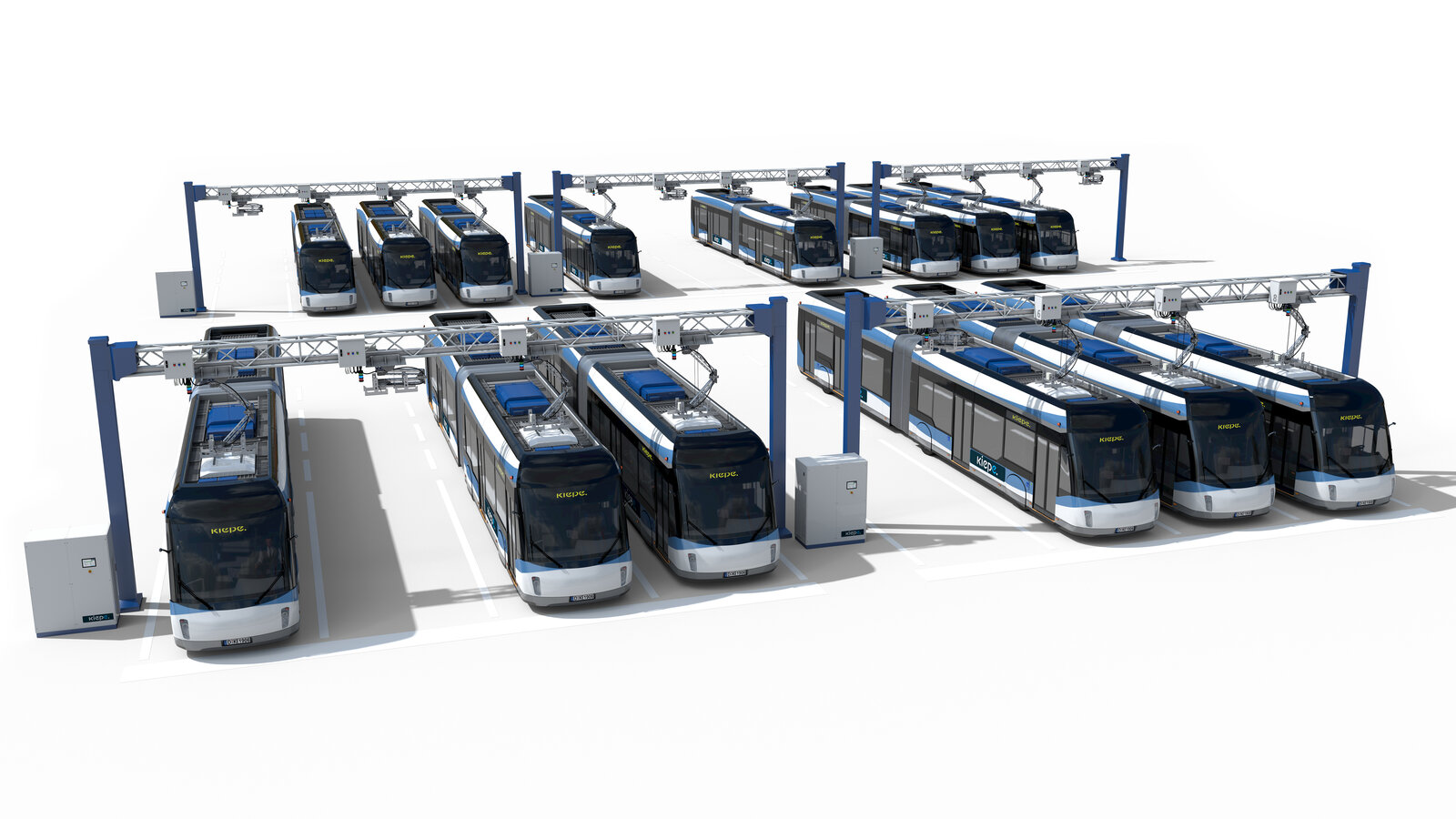
- Technological flexibility and modularity
- Integrated depot solutions
- Opportunity charging for 24/7 operation
- Up to 800 kW charging power
- Various power supply options
- Maintenance-friendly design
- Sustainable and resource-efficient
Frequently asked questions about e-bus charging stations and tram power supply (FAQ)
E-buses are charged either in the depot or along the route – depending on the operating concept.
- With depot charging, buses are charged overnight or between operations, often via pantograph or plug-in connections.
- With opportunity charging, buses are recharged on the route at designated stops or terminals in a short time (e.g., via ceiling-mounted chargers or charging stations).
KIEPE offers modular and scalable systems that can be individually adapted to existing infrastructures.
The energy requirement depends on the vehicle type, battery capacity, and operating profile. Typically, city buses require between 200 and 400 kWh per charge. For daily operation, 300–350 kWh is often calculated. Modern charging systems such as the k.Charger series support flexible charging capacities of up to 360 kW.
Additionally, we offer high-power charging with up to 800 kW output. Within only 5 minutes of charging time, the range of a 24-meter e-bus is extended by over 50 km.
![[Translate to English:] Rail vehicle electrification & technology](/fileadmin/_processed_/c/a/csm__ahe0223_928aee05ca.webp)
![[Translate to English:] Systems and components for electric buses](/fileadmin/_processed_/2/1/csm_kti_201_aha4631_neu_c9e1440ace.webp)
![[Translate to English:] Charging infrastructure solutions for e-mobility](/fileadmin/_processed_/2/c/csm_bildschirmfoto_2024-04-21_um_18.05.16_0ccd184362.webp)
![[Translate to English:] Modernization for many additional years of operation](/fileadmin/_processed_/3/4/csm_essen_4f49d40e59.webp)
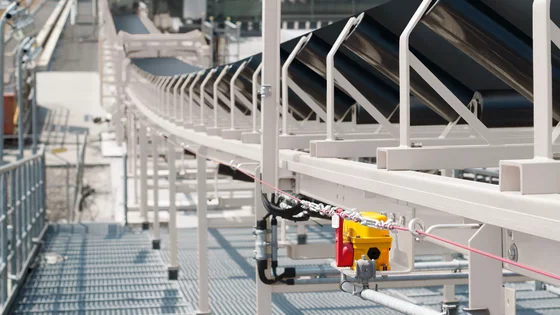
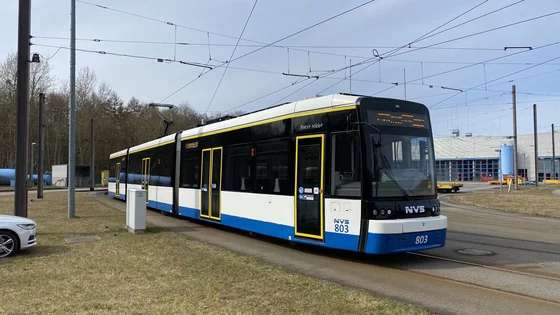
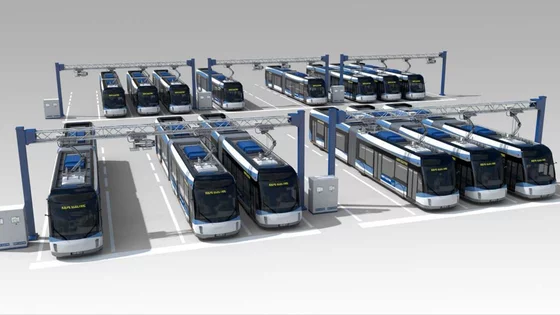
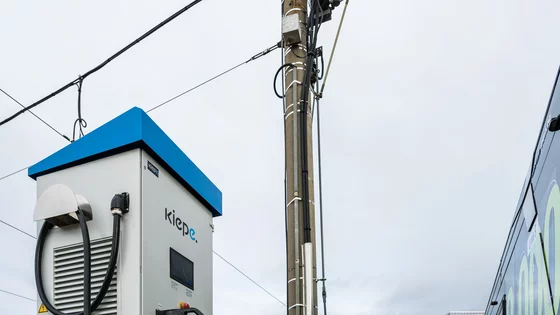
![[Translate to English:] eBus HPC Platform](/fileadmin/_processed_/3/a/csm_tzen4-corbeil-daniel_schmidt_kiepe_2_4bbdc37731.webp)
![[Translate to English:] In Motion Charging (IMC) Upgrade](/fileadmin/_processed_/b/b/csm_ksc_200-3_24fade6d2f.webp)
![[Translate to English:] Mining - Electrification](/fileadmin/_processed_/2/4/csm_istock-2116815690_26a2a95fa5.webp)

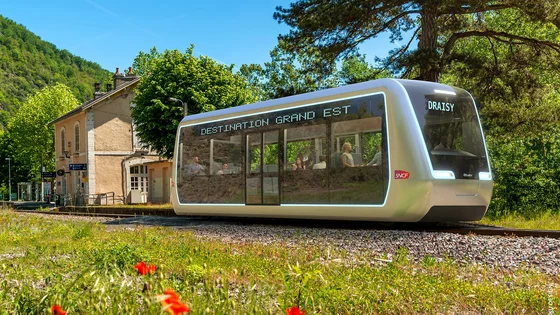

![[Translate to English:] ESU - Schalke](/fileadmin/_processed_/b/3/csm_schalke_project_2024_af42a053b0.webp)
![[Translate to English:] SmartHybrid - Vossloh DE 18](/fileadmin/_processed_/d/8/csm_vossloh_rolling_stock_de_18_370b5f1326.webp)






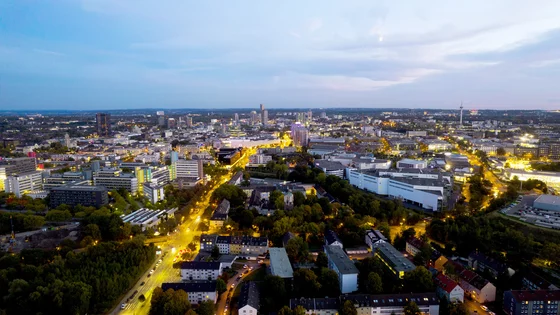




![[Translate to English:] Milano](/fileadmin/kiepe_website/solutions/cities/dome-miliano-pixabay-bici-3738653_1920.jpg)
